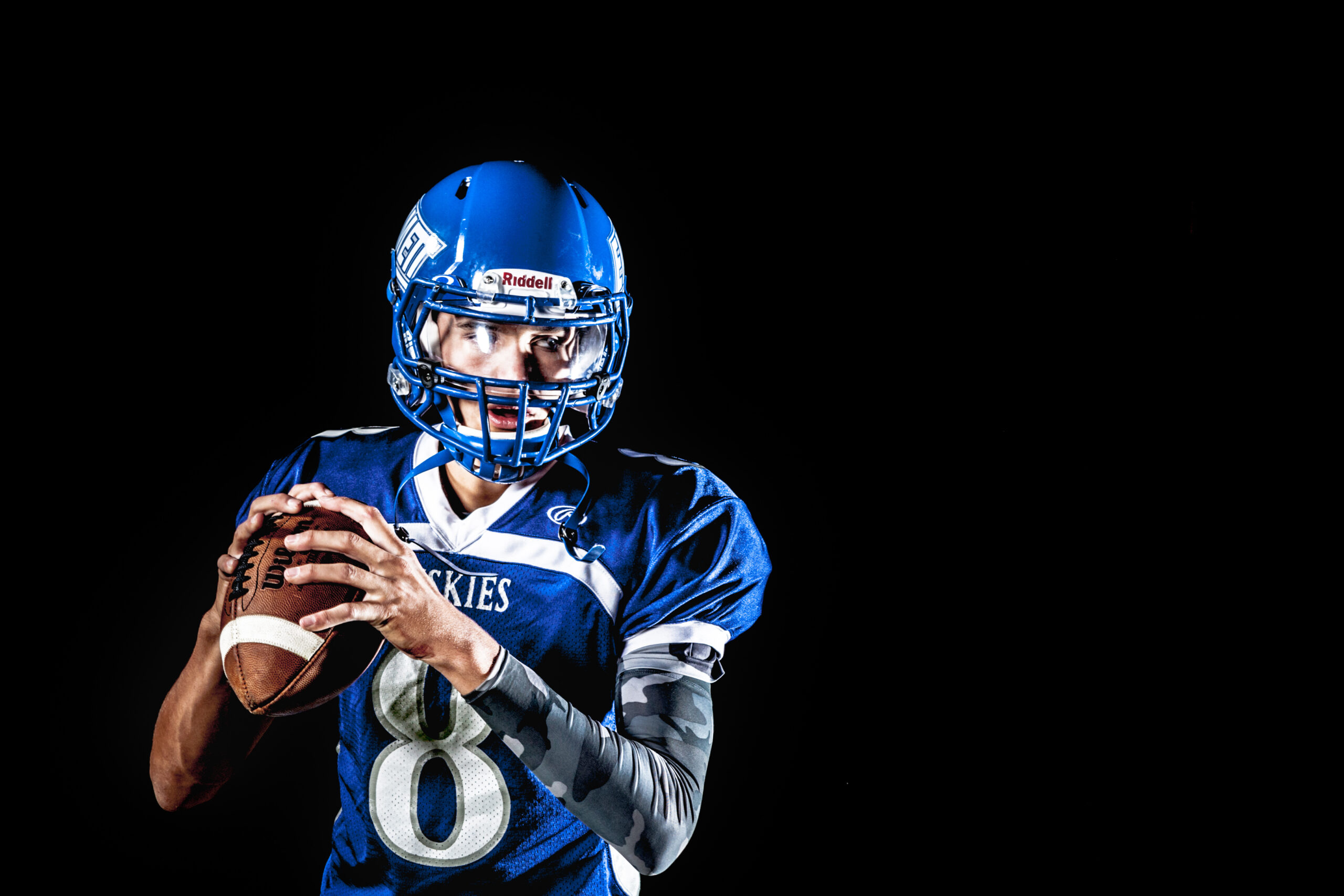Throughout history, sports betting has served as a popular pastime and recreational activity for many sports enthusiasts. From ancient Rome to the present day, the thrill of placing a wager on a sporting event has captivated people's attention. If you also want to experience the thrill of having a personal stake in the outcome of a sporting event, you can find the best bets analysis and free expert picks at The Sporting Post and other reputable media sites. Now, to see how NFL sports betting has evolved over time, continue reading as this article takes you on a journey through the ages.
Legalized sports betting in ancient Rome
Sports betting is almost as old as organized sports events themselves. The ancient Greeks had a penchant for sports betting which was later picked up by the ancient Romans, spreading far and wide across Roman territories as their empire expanded. However, the ancient Romans took sports betting a step further than the Greeks by giving legal status to sports bets placed on the brutal gladiator games. This early form of sports betting was far different from how we know it today but it laid the foundation for the future of gambling.
Early football betting
After the Roaring Twenties and the Great Depression, gambling activities were sweeping across the country and many individuals lobbied for it's legalization in America. However, sports betting remained an underground activity in many places, politically separate from the changes occurring in gambling legislation. It wasn't until the NFL started in 1920 in Ohio and the sport's subsequent rise in popularity that interest in NFL sports betting also started to grow. At first, NFL sports betting was limited to informal wagers among friends and acquaintances, perhaps sealed by a handshake over a glass of beer at the club. However, a few years later, organized bookmaking began to take place. As interest in the sport grew, so did its betting environment.
The money line bet
During the early days of football betting, the most prominent types of sports bets were the money line bet and parlays. The money line bet is the most simple and straightforward, requiring you to choose which team you think will win the match. The sportsbook assigns each team different odds which affect how much you will potentially make from a successful money line bet. Throughout history, there has been little to no change in how the money line bet works. On the other hand, parlay bets were also popular in the early 20th century. In this type of sports bet, you combine multiple individual bets into one larger bet. In order to win a parlay bet, all of the individual bets included in the parlay must be accurate. However, parlay bets in the early days of football betting were often corrupt and unfairly weighted towards the bookmakers making a profit.
Sports betting in 1950s Nevada
Sports betting was legalized in Nevada in 1951, although this era of sports betting wasn't without its own problems and limitations. The sports betting tax placed on legal bookmakers meant that the business model was unprofitable when compared to the illegal bookmakers, who avoided tax and took more profit. This created a challenging environment for legal sportsbooks in Nevada.
Shifts in the NFL's position
The NFL had historically been opposed to football betting on teams in its league. The organization even played a role in anti-gambling legislation such as sponsoring the 1964 bribery act. However, from the 2010s onwards, the NFL's stance on sports betting began to turn around. For example, when the NFL moved the Oakland Raiders to Las Vegas, this directly opened doors to sports betting on some NFL games.
On the other hand, the NFL's sister league, the XFL, had always welcomed sports betting. Vince McMahon, the founder of the XFL, included sports betting information in XFL broadcasts and public media. The NFL has undoubtedly noticed this and felt pressure to modernize and accept the sports betting crowds.
The Supreme Court's 2018 Decision
In 2018, the Supreme Court made a decision to strike down the federal ban on state authorization of sports betting. This gave every state the power to determine its own stance on sports betting. It was a landmark ruling that led to a wave of legalization across the country.
Sports betting today
Today, sports betting is legal in 34 states and Washington, D.C. In four more states, sports betting is legal but not yet operational. The legalization of sports betting as well as technological advancements that allow for Americans to place sports bets via their phones, has led to an increase in participation. Today, sports betting is a popular recreational activity that enhances the enjoyment and excitement of watching your favorite team on the field. The NFL itself is growing more involved, even having signed on official sportsbook partners.
The future of sports betting
The future of sports betting looks bright. More and more states are legalizing the industry and improving regulatory standards. As a result, the sports betting market, particularly for NFL games, continues to expand and provides more opportunities for fans to engage with their favorite teams. With advancements in technology, such as live betting, esports and virtual reality experiences, the future of sports betting is sure to be an exciting one.








